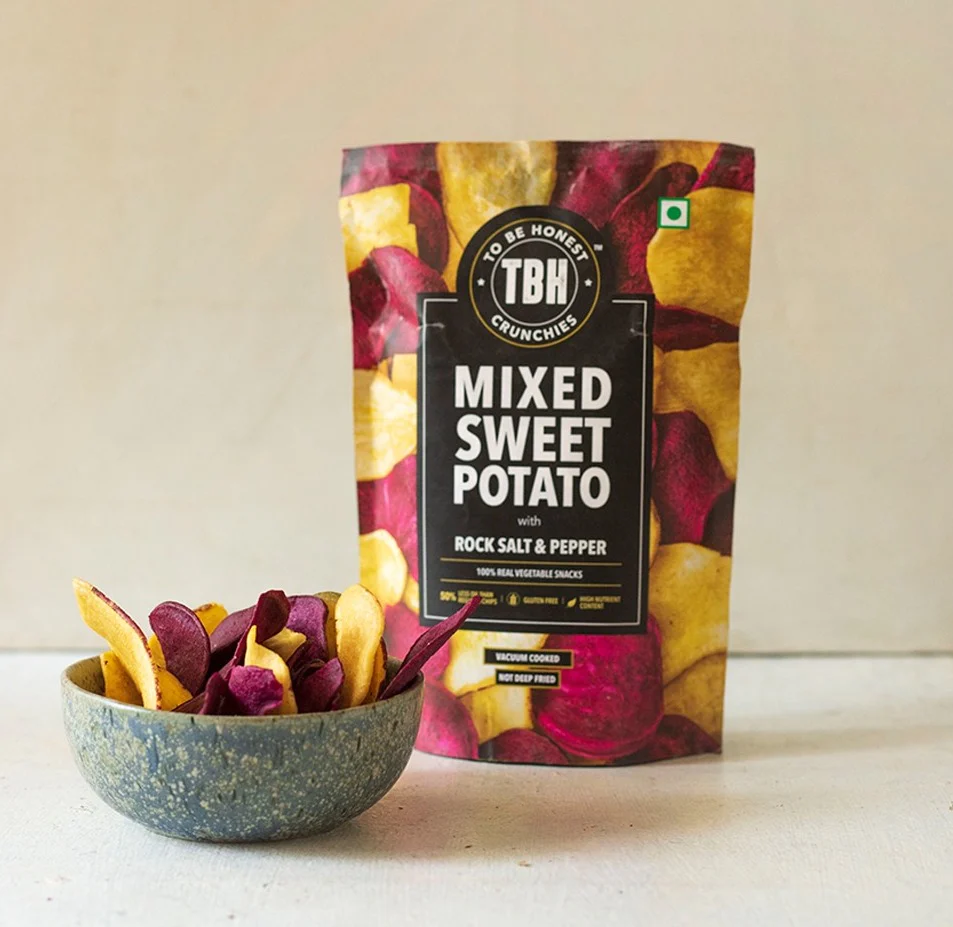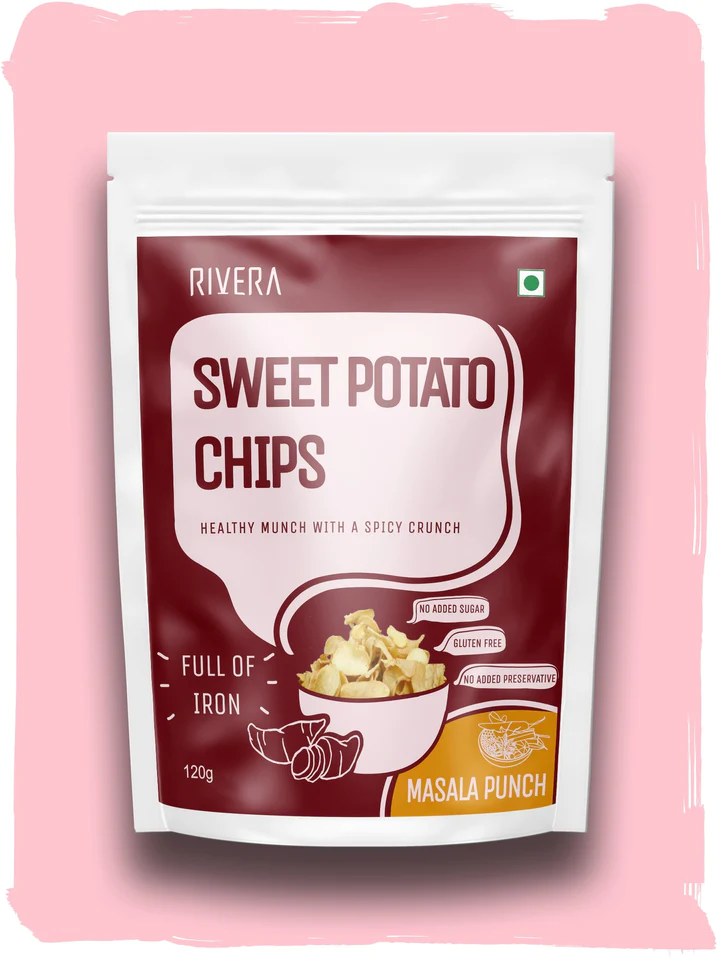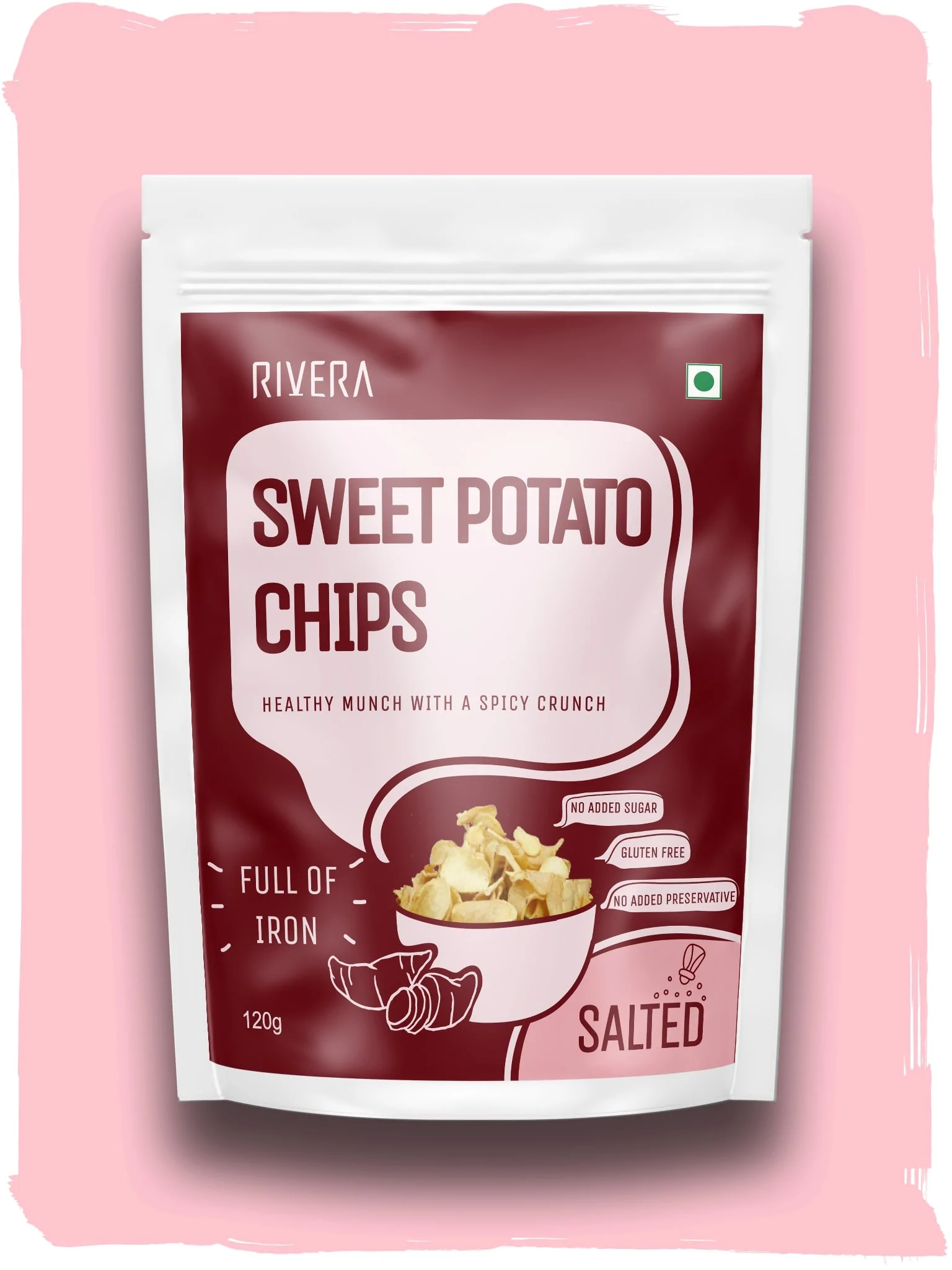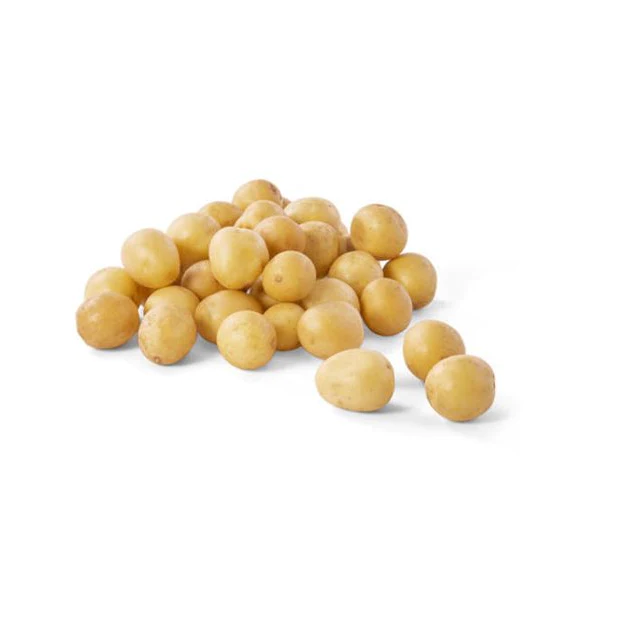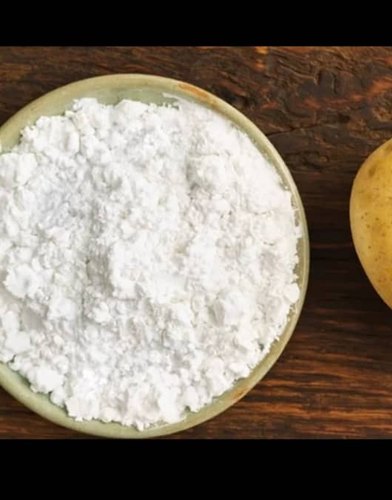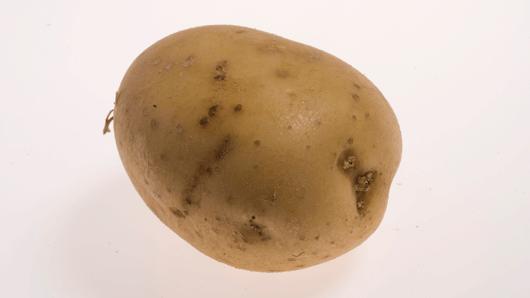Published Date January 24, 2003
Sweet Potato vs. Regular Potato
By Naurin Ansari
4 min read
Last update date: January 24, 2003
Sweet potatoes and regular potatoes are both diet staples and are loved by people over the world for many reasons. They're not only affordable but also simple to make and adaptable enough to serve as the main course or an ingredient in practically any other dish ...
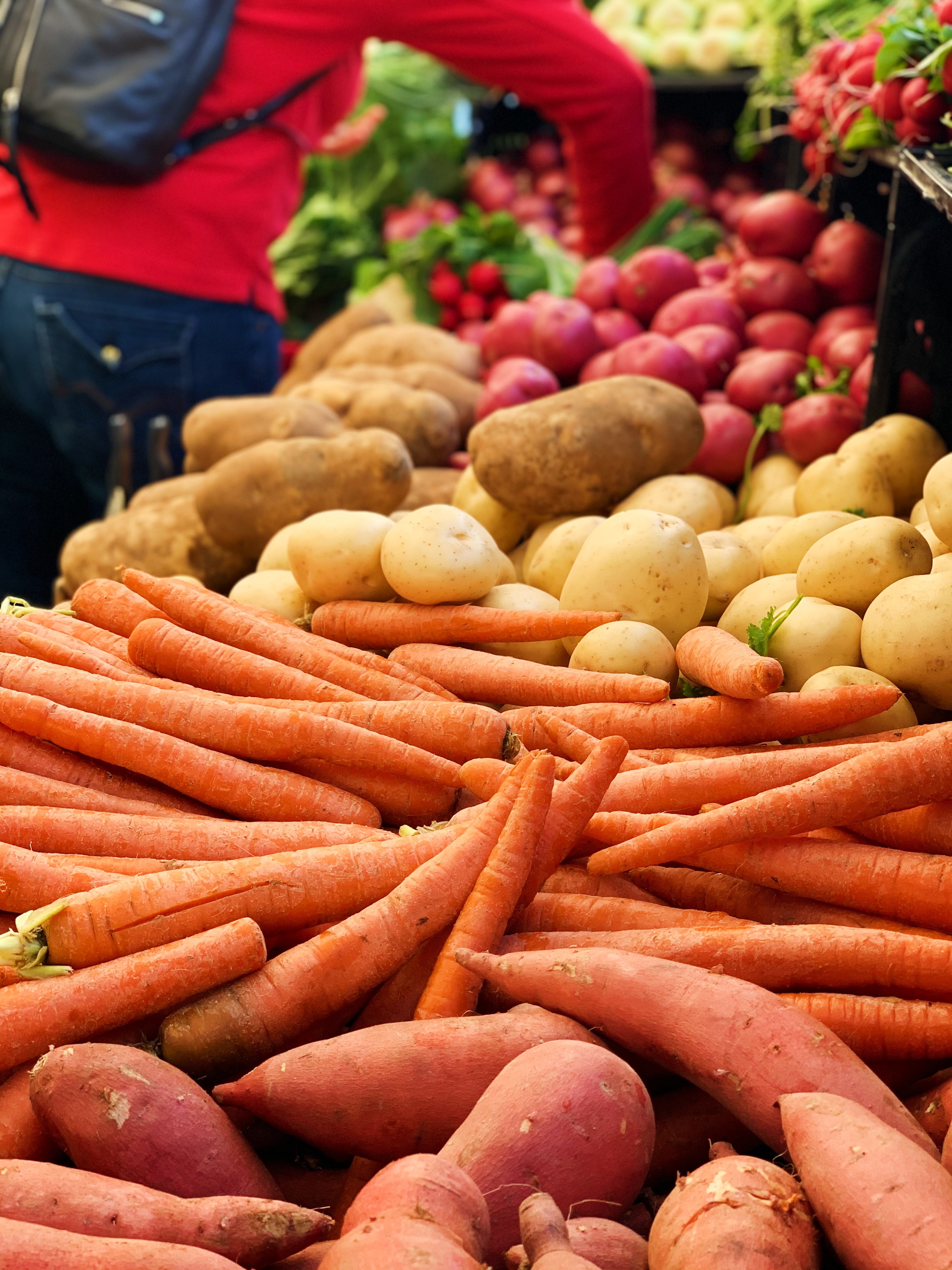
Sweet potatoes and regular potatoes are both diet staples and are loved by people over the world for many reasons. They're not only affordable but also simple to make and adaptable enough to serve as the main course or an ingredient in practically any other dish. Which one is "healthier," nevertheless, has become a topic of discussion in recent years. The health benefits of sweet potatoes are frequently emphasized. Typically, it's because normal potatoes are used in the majority of fast foods.
Here is a detailed comparison of the nutritional value of sweet potatoes vs normal potatoes.
Difference between Sweet Potato and Regular Potato
Nutrition: Sweet Potato vs Regular Potato
Both potatoes and sweet potatoes are rich in nutrients, including many different vitamins and minerals. When comparing 100 grams of both sweet potatoes and regular potatoes, the nutrients were nominal and similar, except for a few:
- Calories: A 100-gram serving of baked sweet potato has 90 calories, whereas a 100-gram portion of baked ordinary potato has 94 calories, both of which are moderately caloric.
- Starch: The starch values found on a 100-gram serving of baked sweet potato was 7.0 grams and 100 gram serving of baked regular potato was 18.0 grams.
- Sugar: A 100-gram portion of baked sweet potato has 6.5 grams of sugar, while a 100-gram dish of baked white potato has 1.4 grams, making ordinary potato the clear winner.
Vitamins and Minerals
Sweet potatoes and regular potatoes have quite different vitamin and mineral compositions. Sweet potato is an excellent source of Vitamin A. One hundred grams of sweet potatoes provide 384% of the daily value of vitamin A needed. Additionally, sweet potatoes are higher in vitamins E, B2, and B5. On the other hand, regular potatoes are higher in vitamin C, vitamin B3, vitamin B6, vitamin B9, and vitamin K.
These two vegetables contain a similar amount of vitamin B1. Vitamin D and vitamin B12 are absent in both of them.
Weight Loss
Both sweet potatoes and white potatoes have a moderate calorie content per serving. The primary issue with potatoes and weight reduction is the way they're usually eaten: as chips or fries. Food made with potatoes, which is commonly fried in oil, contains a lot of fat and calories and is frequently salted.
Overall, these veggies aren't great for low-carb or low-calorie diets; nevertheless, when prepared correctly and in moderation, they can be used in any diet.
Glycemic Index & Glycemic Load
Glycemic index (GI) ratings are assigned to carbohydrates based on how rapidly or slowly they raise blood sugar levels after consumption. Foods with a GI rating of 70 or higher cause a faster rise in blood sugar levels than foods with a GI rating of 55 to 69, which causes a moderate rise, and foods with a GI rating of 55 or less, which causes a sluggish rise in blood sugar levels.
A potato's glycemic index rating is determined by the type of potato and how it was prepared. Boiling sweet potatoes, for example, has a GI of 44, while boiling regular potatoes has a GI of 54, and baking sweet potatoes have a GI of 94 while baking regular potatoes has a GI of 73.
Which type of potato is better for you?
Sweet potatoes differ from other potato varieties in appearance, taste, and nutrition. Both sweet and regular potatoes provide a variety of nutrients, including carbs, fibre, vitamin C, and antioxidants. While white potatoes are higher in potassium, sweet potatoes provide much more vitamin A. Potatoes may also affect your blood sugar differently, though this depends on the type, serving size and other factors. Overall, both sweet and regular potatoes can fit into a healthy diet when prepared in nutritious ways.
Takeaway
Both sweet potatoes and white potatoes are diet staples, containing whole-food sources of carbohydrates and nutrients, containing fibre, vitamins and minerals. Potatoes and sweet potatoes may share a name, but they actually come from very different plant families. Their nutritional values differ on how they are prepared and in what quantity.
References
- Sweet Potato vs White Potato: Which is Better? - Stephanie Kay Nutrition
- https://foodstruct.com/compare_amp/sweet-potato-vs-potato#a_h2_3_h3_8
- https://www.everydayhealth.com/diet-nutrition/sweet-potatoes-vs-white-potatoes-how-do-they-compare/
- https://kaynutrition.com/sweet-potato-vs-white-potato-which-is-better/
Related Items
Choose Healthy With Us.
Know the real truth about your food. Stay informed and healthy, for free.

Download the App Now
Certified nutritionists trust our food recommendations. Safe to say, so can you :)








